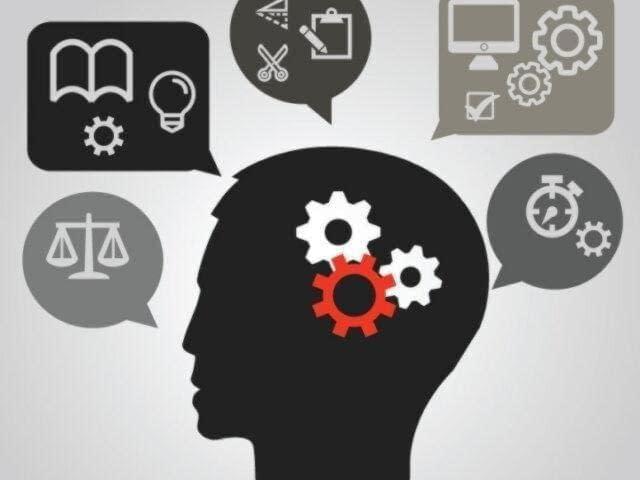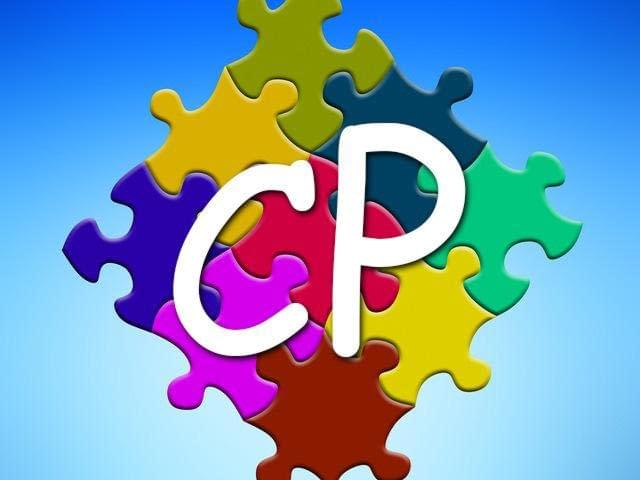What is a neuropsychological evaluation? The difference between psychological and neuropsyhological evaluations A standard psychological…

Learning Disorder
There are several types of learning disorders involving a child’s ability to read, perform arithmetic, or write. For instance, a learning disorder with impairment in reading can impact a child’s ability to process basic sound structure involving phonemes and monemes which interferes with child’s ability to read sounds and therefore words. This is commonly known as dyslexia. Other reading challenges involve poor comprehension or delayed skills that prevent a child from meeting age-appropriate academic demands. A learning disorder with impairment in mathematics surrounds limitations with counting, solving numeric calculations, and arithmetic reasoning. A learning disorder with impairment in written expression can impact spelling, grammar, punctuation, and organization of written content.
Some children present with more global challenges involving the majority of core academic areas. Although learning disorders can occur in isolation, they are often associated with other cognitive impairments including reduced intellectual functioning, attention-deficit, and language disorders. However, with appropriate intervention targeting the child’s specific needs, improvements in learning and academic functioning very often occur. Although these children CAN continue to progress in their learning, they may do so at a slower rate than their peers.


